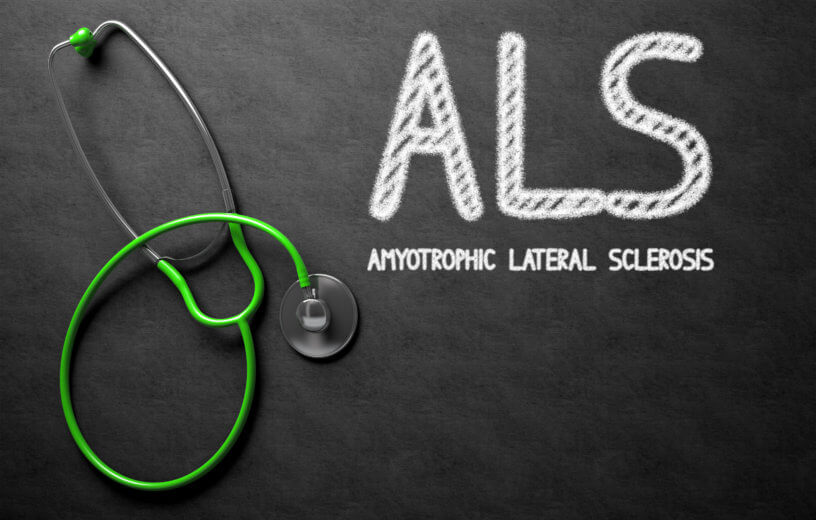MONTREAL, Quebec — A certain probiotic can prevent neurodegeneration in a species of worm that is critical to the study of amyotrophic lateral sclerosis (ALS), according to a team of researchers from Canada’s CHUM Research Centre (CRCHUM).
Almost 3,000 people in Canada have ALS, which doctors characterize as the slow deterioration of motor neurons which eventually causes a loss of muscular function to the point of paralysis. The average lifespan after diagnosis is between three and five years. In the United States, over 31,000 people are living with ALS, according to the CDC. Notable patients include baseball legend Lou Gehrig, theoretical physicist Stephen Hawking, and the creator of “SpongeBob SquarePants,” Stephen Hillenburg.
“Recent research has shown that the disruption of the gut microbiota is likely involved in the onset and progression of many incurable neurodegenerative diseases, including ALS,” explains neuroscience professor Alex Parker in a university release.
To build off this, first author Audrey Labarre and the team set out the study ALS using C. elegans worms — which serve as an animal model of neural decline. They may just be worms, but they share 60 percent of their genetic makeup with humans. Scientists genetically-modified them to have ALS-associated genes. To test the effects of different probiotics, Labarre tested 13 different strains and three different combinations. One called HA-114 demonstrated something unique. The mechanism of action was neuroprotective, reducing motor disorders in worm models with both ALS and Huntington’s disease, another neurodegenerative disease.
“When we add it to the diet of our animal model, we notice that it suppresses the progression of motor neuron degeneration,” Parker says. “The particularity of HA-114 resides in its fatty acid content.”
Probiotic boosts 2 neuroprotective genes
The team was also able to identify two genes tied to the probiotic’s neuroprotective action: acdh-1 and acs-20. Both genes exist in the exact same form in humans, playing a role in lipid metabolism and oxidation, which is the process that fatty acids undergo in order for the mitochondria — the powerhouses of the cells — to break them down.
“We believe that fatty acids supplied by HA-114 enter the mitochondria through an independent, non-traditional pathway,” Parker concludes. “In doing so, they restore balance to impaired energy metabolism in ALS and lead to a decrease in neurodegeneration.”
In the future, there are several things in the works. The team is already shifting focus and conducting similar studies on mice, which increases the complexity of the work. They then plan to validate their findings in a clinical setting to truly see if HA-114 could complement current ALS therapies. This is a welcomed strategy, especially because probiotics don’t pose nearly as many risks or cause adverse side-effects. Dr. Geneviève Matte, ALS clinic director, will also lead a Canada-wide study including 100 participants starting in the spring of 2023.
The findings are published in the journal Communications Biology.


Is HA-114 available now?
I would like to be chosen as a participant in the spring study.i am so interested!